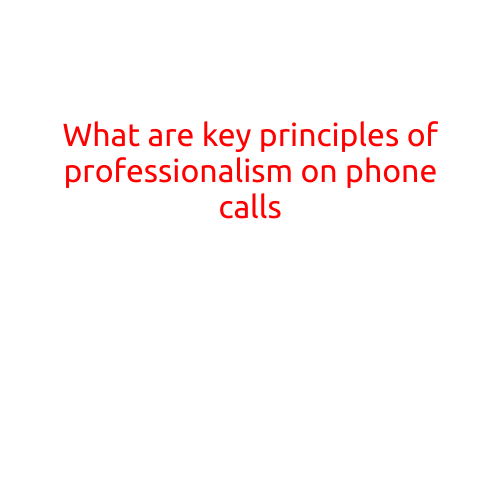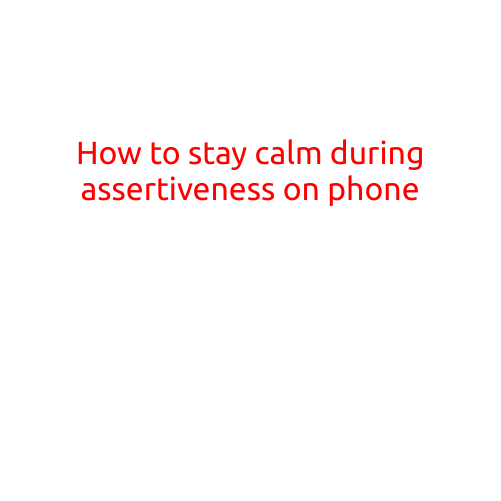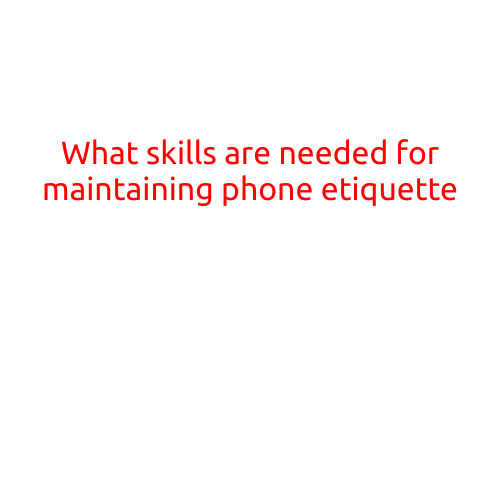
What are the Key Principles of Professionalism on Phone Calls?
In today’s fast-paced business world, phone calls have become an essential tool for communication. Whether it’s to discuss a new project, clarify a concern, or follow up on a deal, phone calls allow us to connect with colleagues, clients, and partners instantly. However, the tone and demeanor of a phone call can make all the difference in the way our message is received. So, what are the key principles of professionalism on phone calls?
1. Answer Promptly and Professionally
The minute someone calls, answer promptly and professionally. This sets the tone for the entire conversation. Make sure you’re in a quiet, distraction-free environment and take a deep breath before responding. A simple “Hello, this is [Your Name]” or “Hello, thank you for calling [Company Name]” can go a long way in establishing a positive connection.
2. Use a Clear and Confident Tone
Speak clearly and confidently, avoiding filler words like “um” or “uh.” Enunciate your words and maintain a steady pace to ensure easy comprehension. If you’re on a video call, make eye contact and maintain a professional demeanor.
3. Be Prepared and Organized
Before making or receiving a call, prepare by gathering necessary materials, such as notes, files, or relevant information. This shows that you respect the other person’s time and are focused on the conversation.
4. Listen Actively and Take Notes
Active listening is crucial on phone calls. Pay attention to what the other person is saying, and take notes if necessary. This not only helps you remember important details but also shows that you’re engaged and interested in the conversation.
5. Avoid Multitasking
Avoid multitasking while on a phone call. Give your undivided attention to the conversation, and avoid typing on your computer, browsing other tabs, or engaging in side conversations. This ensures that you’re fully present and focused on the discussion.
6. Keep the Conversation Focused
Stay on topic and avoid digressions. If the conversation starts to veer off course, politely steer it back to the main issue at hand. Remember, the goal of the call is to achieve a specific objective, whether it’s to solve a problem, provide information, or build relationships.
7. Be Respectful and Tactful
Treat others with respect and tact, even if you disagree with their views or opinions. Avoid being confrontational, aggressive, or dismissive, as these can derail the conversation and damage relationships.
8. Know When to Advise Holding
Finally, know when to advise holding. If you need to take a call or attend to another matter, politely inform the other person and ask if they’d be willing to hold for a few minutes. This shows that you’re reliable and respectful of their time.
Conclusion
Phone calls are a vital part of professional communication, and adhering to these key principles can help you build stronger relationships, foster trust, and achieve your goals. By answering promptly, speaking clearly, and being prepared and organized, you can establish trust and credibility with your audience. Remember to listen actively, avoid multitasking, and stay focused on the conversation, and you’ll be well on your way to becoming a phone call pro.





